Finding Nemo is one of my favorite movies and does a lot of things right, but there is one specific thing that I think it does better than any other movie in cinema history:
Finding Nemo (2003)


Finding Nemo is one of my favorite movies and does a lot of things right, but there is one specific thing that I think it does better than any other movie in cinema history:
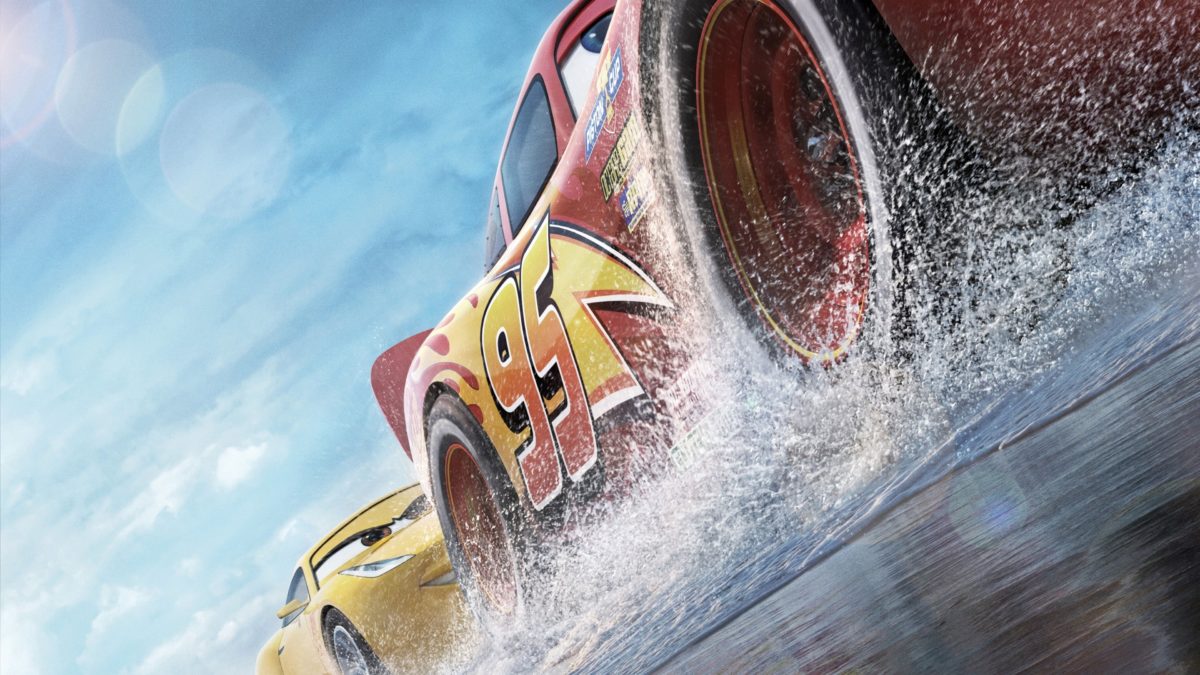
There’s an alternate universe where a version of Cars 3 not too different from its current form is an “Exceptionally Good” movie, an elegaic conclusion to a trilogy that used racing and talking cars to explore the ways we define our personal parameters of success in an increasingly fast-paced and polarized world.
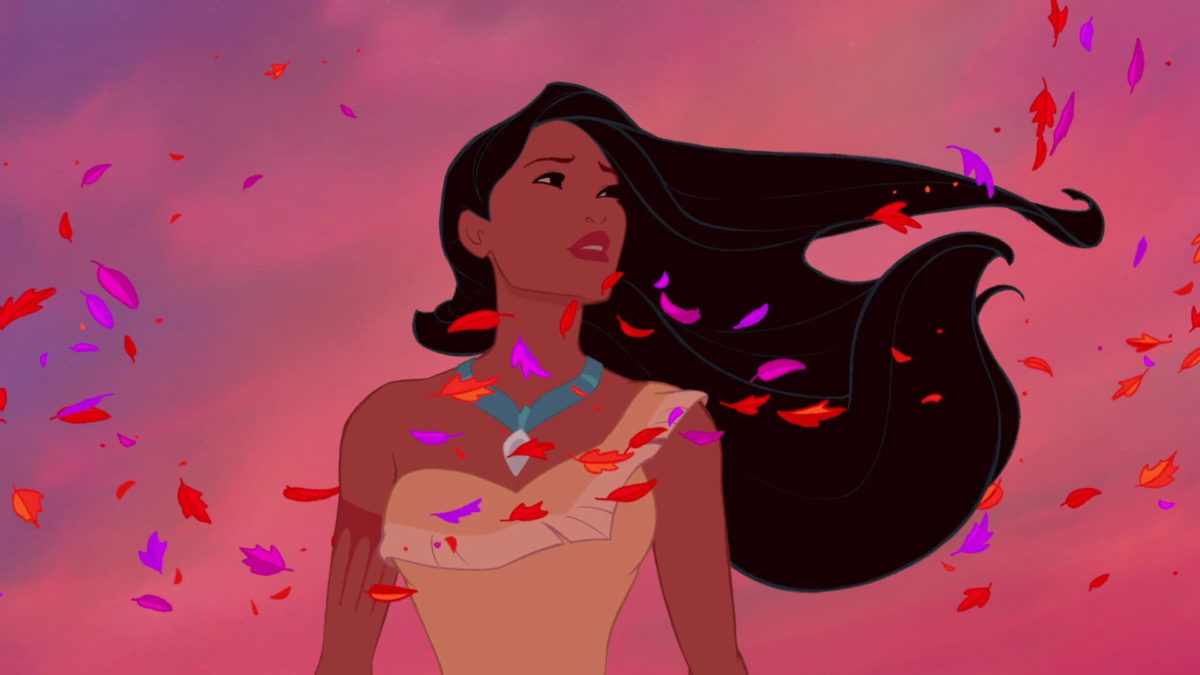
It’s hard to think of a movie with more wasted potential: Disney at its peak Renaissance powers, following a string of more-or-less masterpieces, releasing a catastrophic misfire.

There’s one thing I unabashedly enjoy about Pixar’s worst film to date: The almost pornographic way it raises uncomfortable questions about the cosmology of the Cars world.

I am smitten with Luca even though it’s a bit rough around the edges and takes some time to get going.
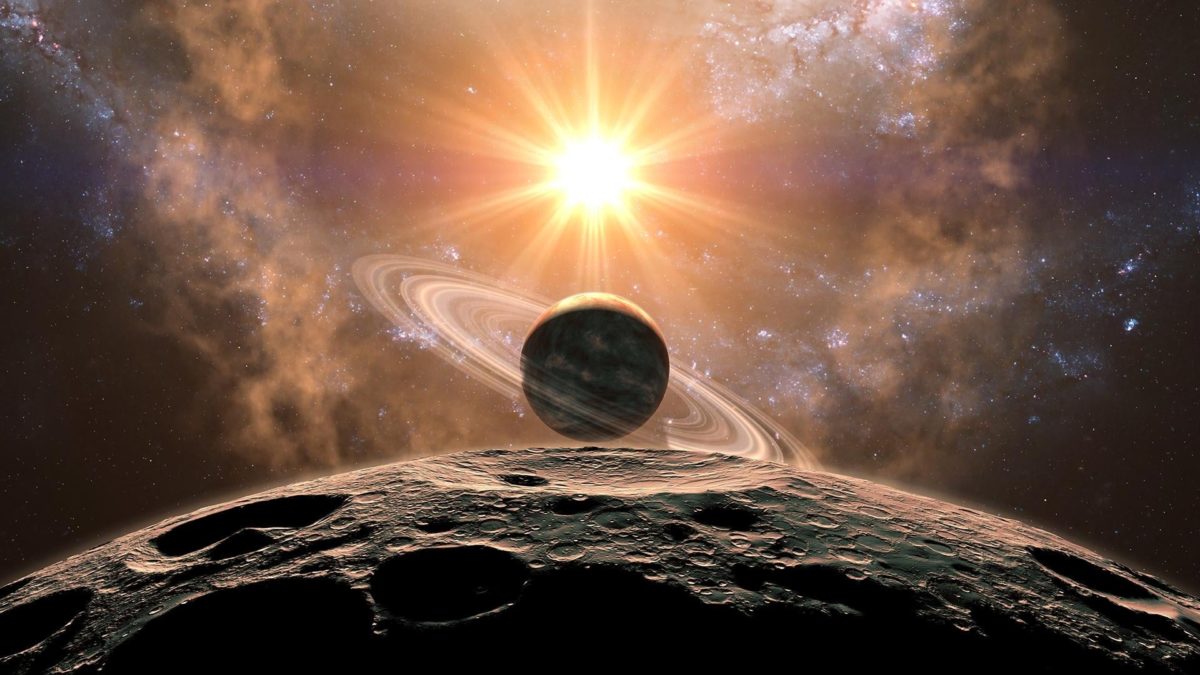
They used to occasionally show us these kinds of documentaries in high school and college classes (probably when the teacher had a hangover).
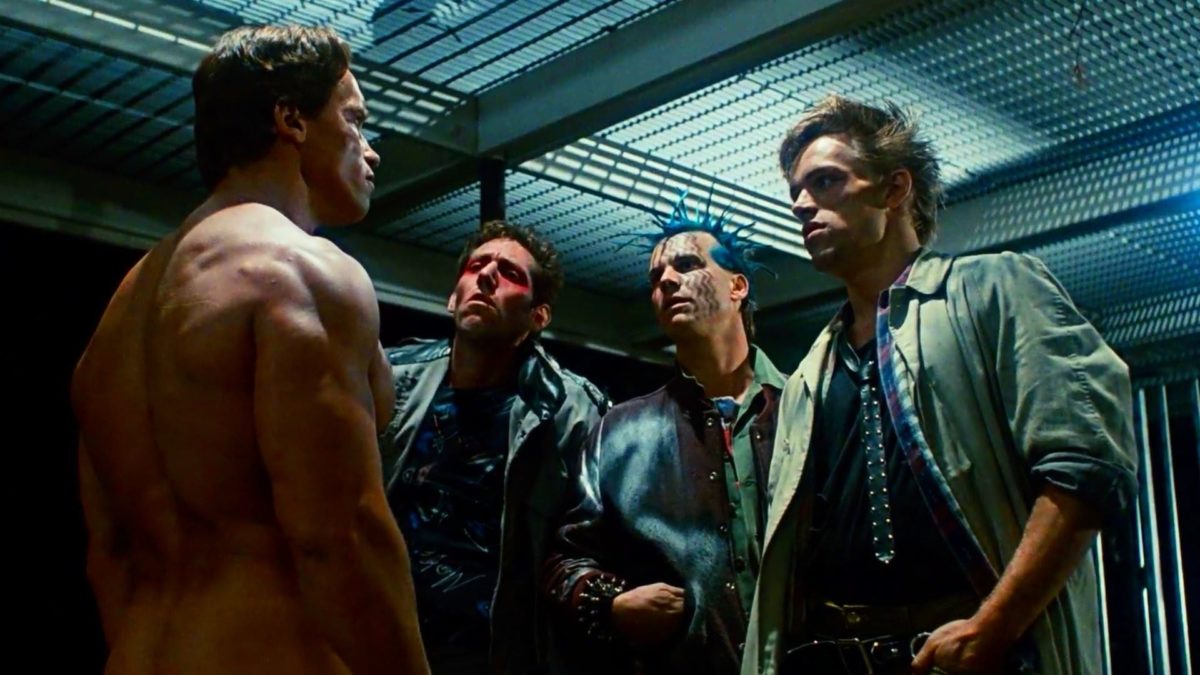
The massive popularity of its warmer sequel and the meme-ification of some of its most famous lines had me ill-prepared for just how much of a techno-nightmare this film is.

The Hating Game works when it’s just Lucy Hale and Austin Stowell verbally sparring with each other.
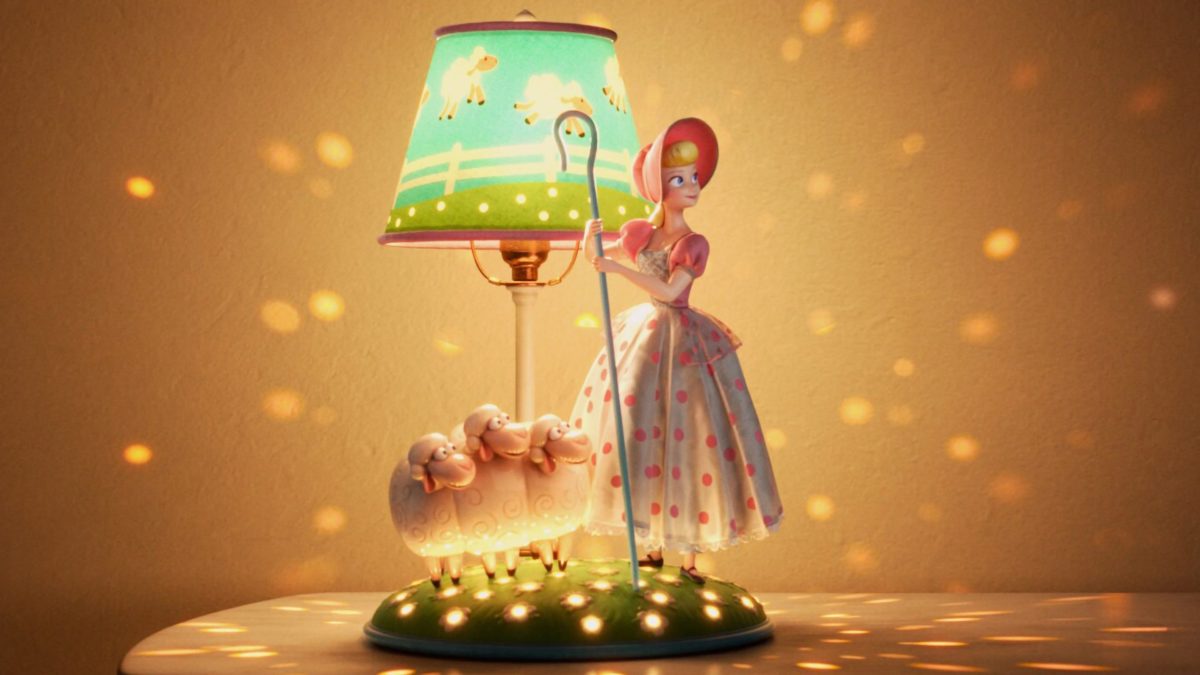
The best thing you can say about Lamp Life is that it has some of the world-class photorealism CGI deployed in Toy Story 4.

If you were to ask me what the ideal format for a post-Toy Story 3 short would look like, it would come pretty close to Toy Story of Terror!